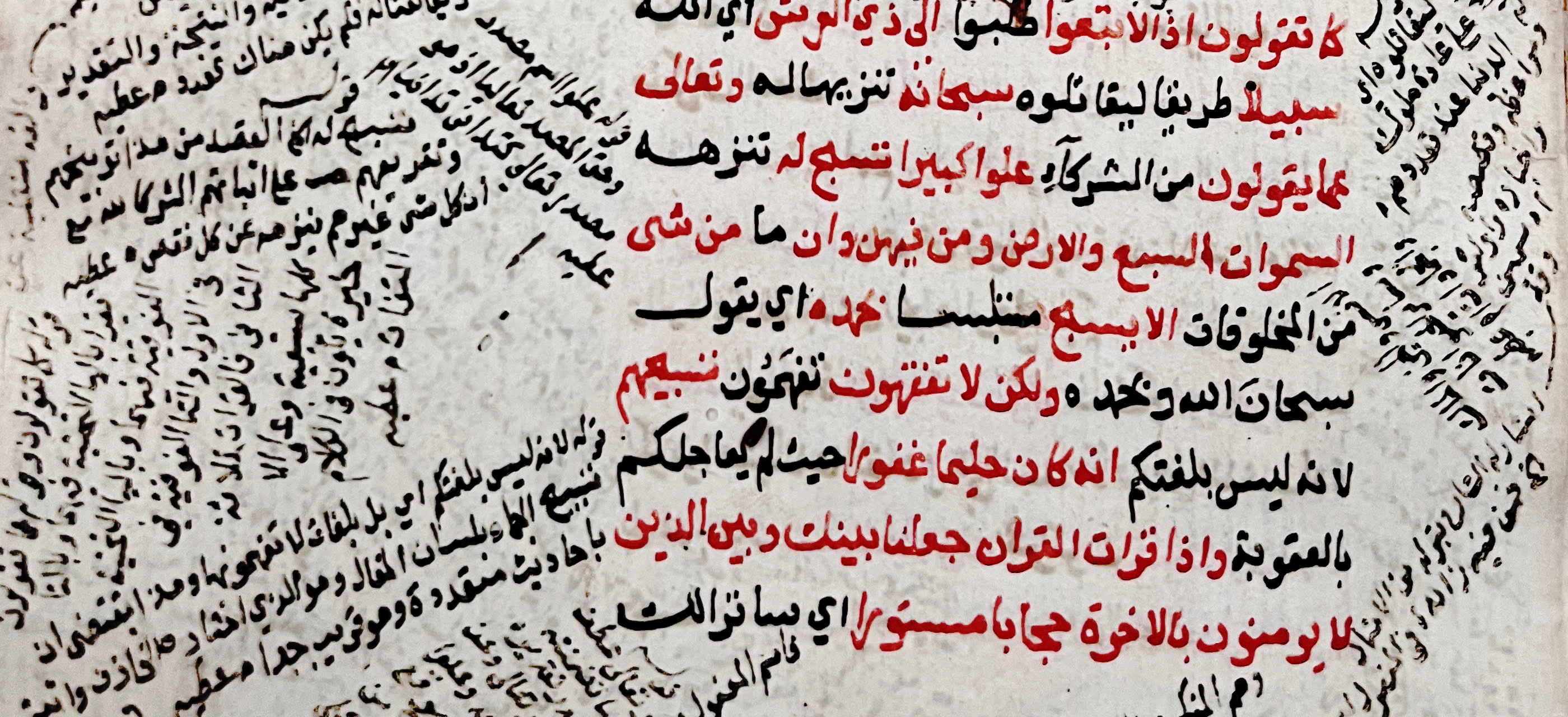Sectarianism in Islam: the Umma divided
Contenu
- Titre
- Sectarianism in Islam: the Umma divided
- Créateur
- Gaiser, Adam R. Voir tous les contenus avec cette valeur
- Date
- 2022
- Dans
- Themes in Islamic history Voir tous les contenus avec cette valeur
- Résumé
- "This is a book about intra-religious divisions among Muslims - what medieval Muslims might have called, and contemporary Muslims might call (sing. madhhab). That is to say, it is a book about how Muslims have, over the course of their long history and in the many geographical areas where they found themselves, forged and often re-forged divergent notions of what it means to be a Muslim. This process might be called "sectarianism," or even "Islamic sectarianism," though the moniker is fraught with problems, not the least of which being that several of the recognized divisions among Muslims (e.g. ) would not technically qualify as being "sects" according to the myriad scholarly definitions of that term. To account for this particular issue, this work focuses on Muslim sects and "schools," meaning here schools of thought, as a means of approaching what Muslim authors might have implied when they described these groups as At the outset, it is worth asking after the purpose of such a book? Why read it? On the face of it, it would seem that current world conditions make the answers to these questions obvious: communal unrest or outright violence in Muslim majority countries such as Iraq, Bahrain, Lebanon, Yemen, and Pakistan (to name a few) often gets articulated in sectarian terms, not only by the actors and the victims of such violence, but also by the various journalists, anchors, and writers whose task it is to report and explain these events to the rest of the world. For many popular media outlets, affiliations, such as Sunni or , offer convenient identity markers by bounding groups by their communal affiliation. These sectarian classifications are meant to "make sense" of conflict in the Islamic world by providing their readers a means to navigate that world, and they gain legitimacy as explanatory devices insofar as they reflect the ways that some Muslims articulate the underlying causes of their conflicts. Indeed, many Sunnis and among others, employ sectarian categories as a means to identify themselves, or as the basis for polemics (as a simple search of the internet will show), or as a reason to engage in violence. Journalists, then, can accurately claim that their reporting reflects "local" perceptions of the situation on the ground"--
- Editeur
- Cambridge University Press Voir tous les contenus avec cette valeur
- Place
- Cambridge
- Langue
- eng
- numéro d’édition
- 1
- ISBN
- 978-1-107-03225-5 978-1-00-931521-0
- Source
- Ibadica Voir tous les contenus avec cette valeur
Gaiser, Adam R., “Sectarianism in Islam: the Umma divided”, Cambridge University Press, 2022, bibliographie, consulté le 18 septembre 2024, https://ibadica.org/s/bibliographie/item/15097
Position : 31554 (1 vues)

